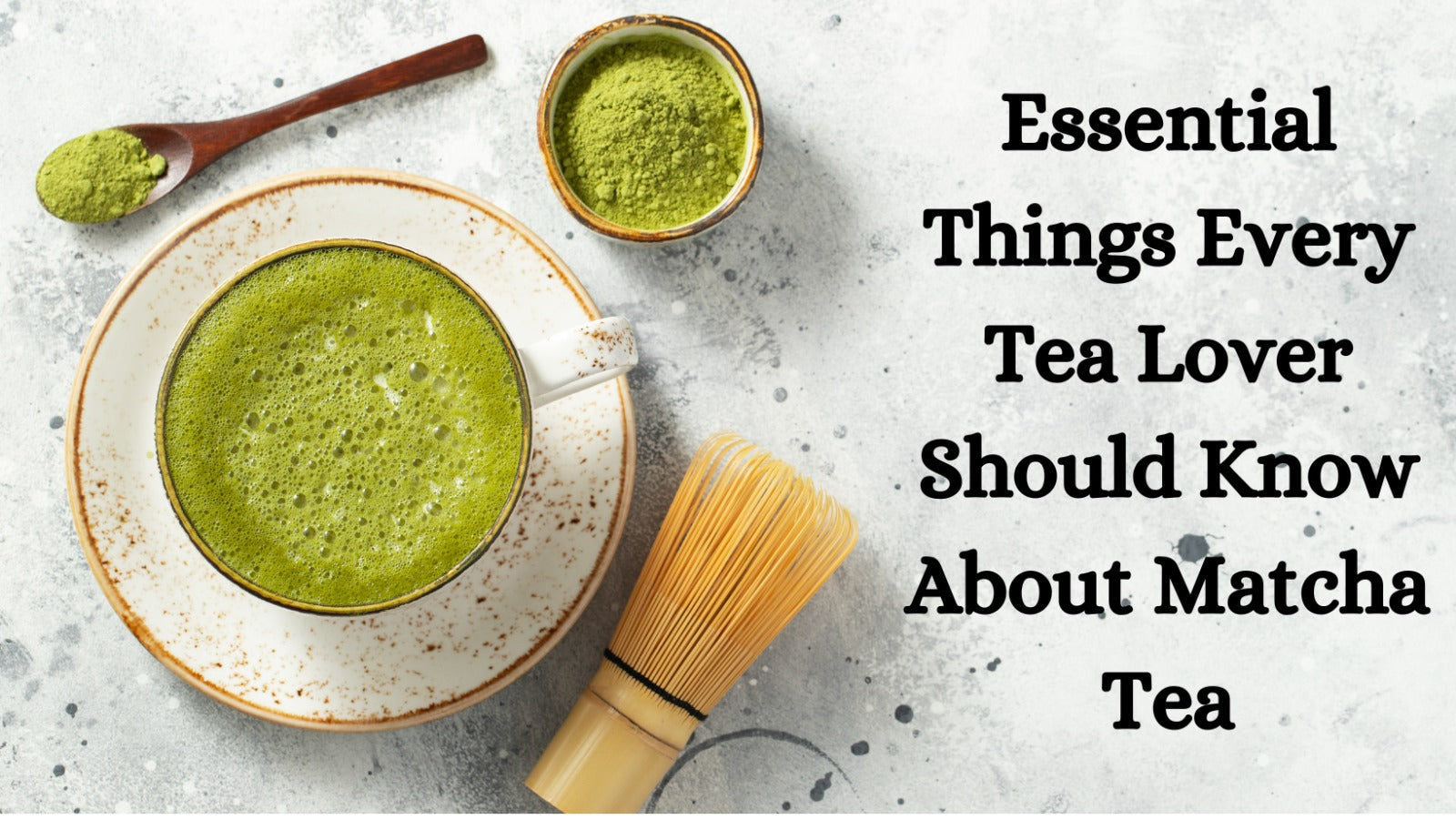Welcome to the world of silver needle white tea, a truly exquisite treasure that not only delights the senses but also offers a plethora of health benefits. Handcrafted with precision and care, this rare tea is revered for its delicate flavors and remarkable properties.
The History and Origin of Silver Needle White Tea
Silver needle white tea has a rich history that dates back centuries. Originating from China's Fujian province, it is believed to be one of the oldest and most revered types of tea in the world. Legend has it that this tea was discovered by accident during the Song Dynasty (960-1279 AD) when a young girl noticed the silvery-white buds growing on wild tea plants.
The name "silver needle" comes from the tea's appearance, as the delicate buds resemble silver needles. These buds are harvested by hand during a short window of time in early spring when they are at their peak quality. This labor-intensive process ensures that only the finest buds are selected, resulting in a tea of exceptional taste and aroma.
How Silver Needle White Tea is Made
The production process of silver needle white tea is meticulous and requires great skill. After the buds are carefully plucked, they undergo a withering process where they are spread out and dried under controlled conditions. This allows the buds to wilt slightly and lose some moisture, which enhances their flavor and aroma.
Following the withering process, the buds are gently and carefully dried to prevent oxidation. Unlike other types of tea, silver needle white tea is not rolled or twisted, allowing the buds to retain their natural shape and appearance. The minimal processing ensures that the delicate flavors and beneficial compounds are preserved.
The Unique Characteristics of Silver Needle White Tea
One of the most distinctive characteristics of silver needle white tea is its appearance. The buds are covered in fine white hairs, giving them a silvery-white color and a velvety texture. When brewed, the tea leaves unfurl gracefully, releasing a delicate and refreshing aroma.
In terms of flavor, silver needle white tea is known for its subtle and nuanced taste. It has a light, floral sweetness with hints of melon and honey. The tea offers a smooth and mellow mouthfeel, leaving a lingering, pleasant aftertaste. The absence of bitterness and astringency makes it an ideal choice for those who prefer a gentler tea experience.
Apart from its visual appeal and delightful flavor, silver needle white tea is also valued for its high concentration of antioxidants. These compounds aid in shielding the body from free radicals, which have the potential to inflict cellular damage and lead to a range of health concerns.
Health Benefits of Silver Needle White Tea
The health benefits of silver needle white tea are truly remarkable. Its rich antioxidant content helps support the immune system and reduce the risk of chronic diseases. The tea is also known for its potential cancer-fighting properties, as antioxidants can help inhibit the growth of cancer cells and protect against DNA damage.
Furthermore, silver needle white tea is packed with vitamins and minerals that promote overall well-being. It contains vitamin C, which boosts collagen production and supports healthy skin, promoting a youthful complexion. The tea is also a good source of potassium, calcium, and magnesium, which are essential for maintaining healthy bones and muscles.
Additionally, silver needle white tea has been found to have calming and stress-relieving effects. It contains an amino acid called L-theanine, which helps promote relaxation and improve mental clarity. This makes it an excellent choice for those looking to unwind and find balance in their daily lives.
Research and Studies on the Health Benefits of Silver Needle White Tea
Scientific research on the health benefits of silver needle white tea is still in its early stages, but the preliminary findings are promising. Several studies have shown that the tea's high antioxidant content can help protect against cardiovascular diseases by reducing inflammation and improving blood vessel function.
Other research suggests that silver needle white tea may have antimicrobial properties, helping to combat harmful bacteria and viruses. It has also been associated with improved digestion and weight management, as the tea can help boost metabolism and aid in the breakdown of fats.
While more extensive research is needed to fully understand the tea's health benefits, its long history of traditional use and the preliminary scientific findings make silver needle white tea an intriguing and enticing choice for those seeking natural wellness solutions.
How to Properly Brew and Enjoy Silver Needle White Tea
To fully appreciate the flavors and benefits of silver needle white tea, it is essential to brew it correctly. Here's a step-by-step guide:
Start with high-quality water: Silver needle white tea is delicate, so using filtered or spring water is recommended. Avoid using water that has a strong taste or odor, as it can affect the flavor of the tea.
Preheat your teapot or cup: Pour a small amount of hot water into your teapot or cup to warm it up, ensuring the optimal temperature for brewing.
Measure the tea: Use approximately one teaspoon of silver-needle white tea for every 8 ounces of water. Adjust the amount according to your taste preferences, ensuring the perfect balance of flavor for your tea.
Steep at the right temperature: The water temperature for brewing silver needle white tea should be around 175°F (80°C). Steep the tea for 2-3 minutes to extract the delicate flavors without causing any bitterness.
Enjoy the aroma and taste: Once the tea is brewed, take a moment to savor the gentle aroma that fills the air. Sip slowly, letting the rich flavors gently reveal themselves on your palate. Silver needle white tea is best enjoyed on its own, without the addition of milk or sweeteners, to fully appreciate its subtle nuances.
Other Types of White Tea and Their Differences
While silver needle white tea is undoubtedly a gem in the world of tea, there are other types of white tea worth exploring. Every type of tea boasts its distinctive traits and flavors, presenting tea enthusiasts with a broad spectrum of experiences to savor.
One popular type of white tea is Bai Mu Dan, also known as White Peony. It is made from both the buds and young leaves of the tea plant, resulting in a slightly fuller flavor compared to silver-needle white tea. Bai Mu Dan has a delicate floral aroma and a mild, sweet taste.
Another type of white tea is Gong Mei or Tribute Eyebrow. It is made from more mature leaves and has a darker color and stronger flavor compared to silver needle white tea. Gong Mei offers a rich, earthy taste with subtle fruity notes.
Lastly, Shou Mei, or Longevity Eyebrow, is made from larger leaves and stems. It has a deeper, amber color and a robust, full-bodied flavor. Shou Mei is often used in blended teas for added complexity.
Conclusion
In conclusion, silver needle white tea is a true treasure, both in terms of its exquisite taste and its remarkable health benefits. With its rich history and meticulous production process, this rare tea offers a unique tea-drinking experience for those seeking a touch of elegance and wellness in their lives.
From boosting the immune system to promoting radiant skin, silver needle white tea is a powerhouse of antioxidants, vitamins, and minerals. Its delicate flavors and gentle aromas make it a delightful beverage to savor, while its potential health benefits make it a valuable addition to any wellness routine.
So, take a moment to indulge in the beauty and goodness of silver needle white tea. Brew a cup, close your eyes, and let the complexities of this remarkable tea transport you to a world of tranquility and well-being. Cheers to a healthier and more balanced life, one sip at a time.




